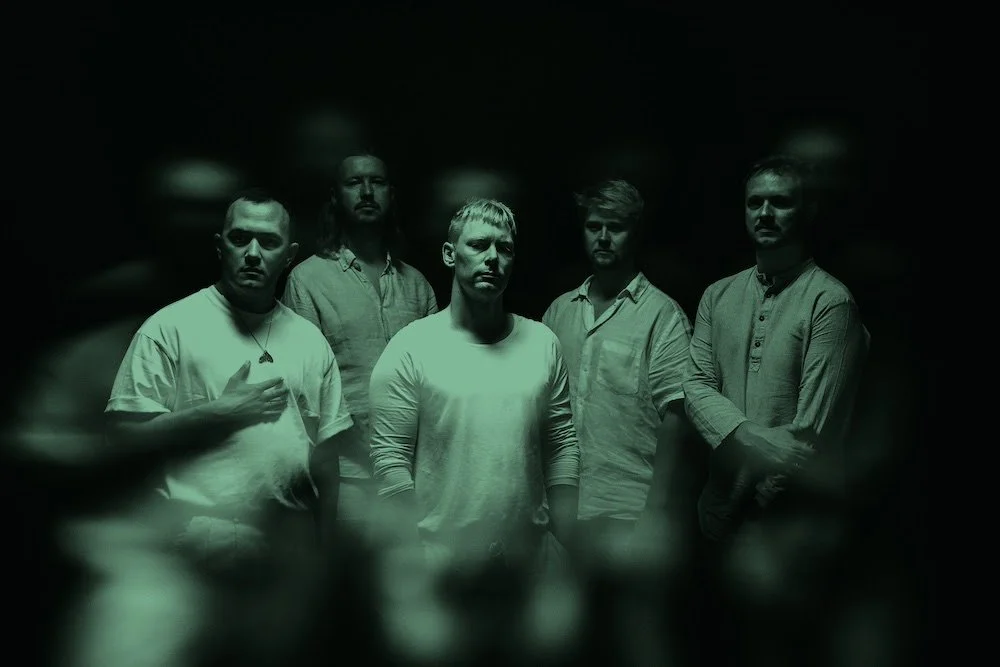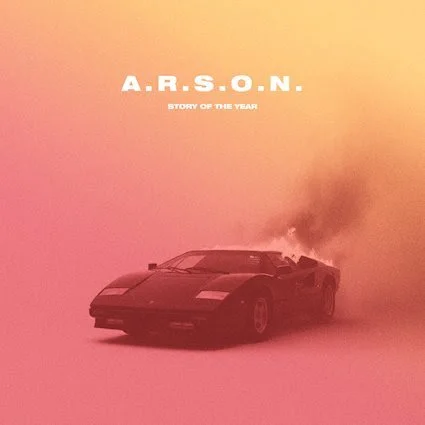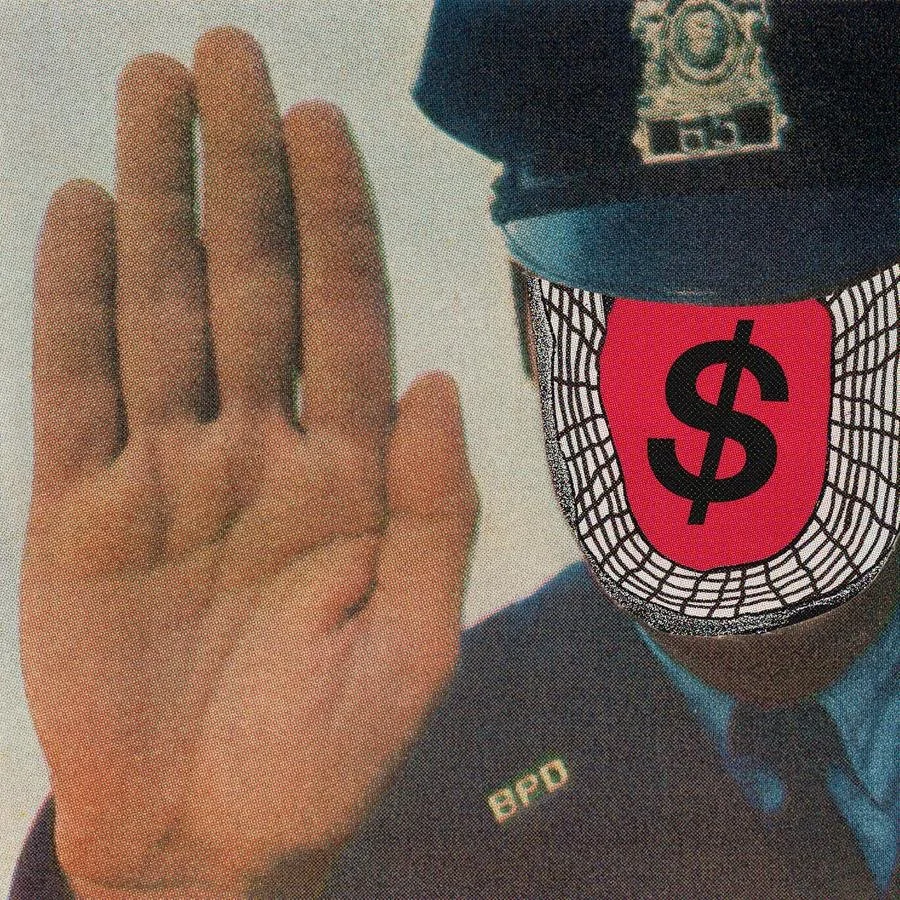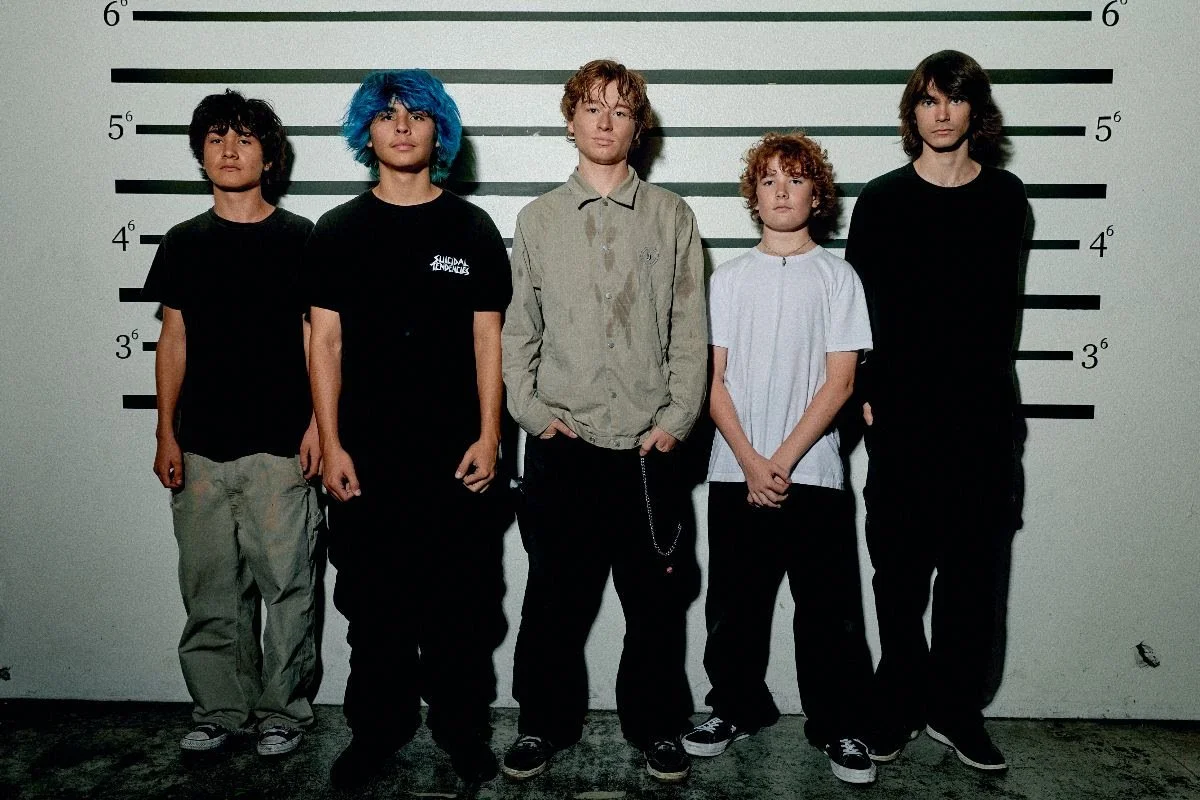Album Review: Girlpool – 'Forgiveness'
The LA-based duo are back with their fourth album, Forgiveness. It’s a wild ride through a dark Hollywood landscape where cinematic melodies abound.
There’s an earnestness to Girlpool that’s admirable. Their lyrics are so open and honest it feels almost brutal. Forgiveness takes the listener on a journey, exploring toxic relationships and reconciling with their impact. Its melodies are cinematic – moving in waves of emotion, beckoning you into the world the LA-based duo have created.
The earnestness of their new album, Forgiveness, is offset by sardonic humour. The opening track ‘Nothing Gives Me Pleasure’ is an ode to a toxic relationship, heartily romanticised as it describes two people who are in too deep to know better. This rather dark theme is expertly juxtaposed by the truly hilarious line, ‘break it to me gently with your finger up my ass.’ It’s here that you really get the sense that Girlpool know what they’re doing, and you’re just along for the ride.
Much of the album depicts toxic relationships with partners hurting each other, unspoken longings, and needs, all built on pop/rock, synths, and guitar driven melodies. ‘Lie Love Lullaby’ typifies this. One half of the duo, Avery Tucker, said in a statement that the song is ‘about a time where I felt that my innocence affected my ability to choose a person who was good for me.’ It’s a tough theme to grapple with, but Tucker does it expertly. The hook ‘what’s a lie, love, lullaby when we say it every night’ is a powerful ode to just how malleable reality is – once something is normalised, it’s virtually impossible to see beyond it.
The record parses relationships, both with other people and the artist’s relationships with themselves. There’s a lot of facing up to difficult ideas, reflecting on the past and trying to determine what they need to move on. ‘Butterfly Bulletholes’ feels like a song trying to move through grief. Harmony Tividad’s vocals on the track are impressive as she moves through her extensive range with ease. The lyrics cut pretty deep too with ‘living was too hard to try, so you’d rather close your eyes and die’ and ‘dying was your final cry, ‘cause living was a pretty lie.’
This record is by no means a simple dirge through heavy themes, each more depressing than the next – it’s interspersed with more upbeat melodies and deeply singable hooks. ‘Dragging my life into a dream’ is a guitar-driven anthem. It’s fuelled by a pop/rock acoustic guitar progression, with backing ‘ooh-aah’ style vocals. In a funny way, it sounds like something that could replace the Gilmore Girls theme song (and I genuinely say that as a good thing). The second verse is powered by an exemplary bassline that moves in deliberate steps to provide a catchy countermelody.
The song’s theme isn’t quite as cheery. Tucker wrote the track after he had ‘spent the last year confronting being on my own in a way I had been avoiding for a long time.’ He missed feeling connected to people and inspired by them, but knew he had to heal. ‘This song is about romanticizing a past time and also longing for my heart to feel open and innocent again,’ he explains. Despite this, there’s a real humour to the song. The chorus, which features the lyrics ‘dragging my life into a dream, baby you were right, making up my mind is hard for me,’ risks cementing a firm sense of regret. However, the melody, with it’s swooping, 60s girl-group harmonies, makes it feel tongue-in-cheek. A little light in the dark – it's a testament to just how high-quality the song-writing is on this record.
Forgiveness, as a whole, wears its influences on its sleeve. ‘Violet’ echoes Halsey’s lyrical play with colours. ‘Faultline’ and ‘Junkie’ romanticise toxic relationships, borrowing the same kind of imagery that Lana del Rey was fond of in her ‘Video Games’ days, and ‘See Me Now’ has a Blink-182 ‘Adam’s Song’ style riff. Sonically, they impressively marry these influences to create a dark Hollywood aesthetic. One starts to feel that vampires, ugly fame, and toxic ex’s lurk around every corner.
The album’s closer, ‘Love333’ is built on sustained organ chords, making it sound like an unholy hymn. The opening line ‘baby got what you wanted all along, baby got all my loving in a song,’ is delivered in Tividad’s trademark whispery vocals. In some ways, it feels like an admission of (unjustified) guilt. That Tividad and Tucker have given their ex-lovers what they wanted by putting it all on paper. But, in a stronger sense, it feels like a mission statement on moving on. The melody is delicately constructed out of gentle piano notes, bolstered by strings, and coming to its full potential with urgent guitar strumming. She’s come through the worst of it now, it’s time to hammer the final nail into this relationship’s coffin: ‘I was looking at something that looked just like love,’ she sings.
Words by Izzy Rowley












